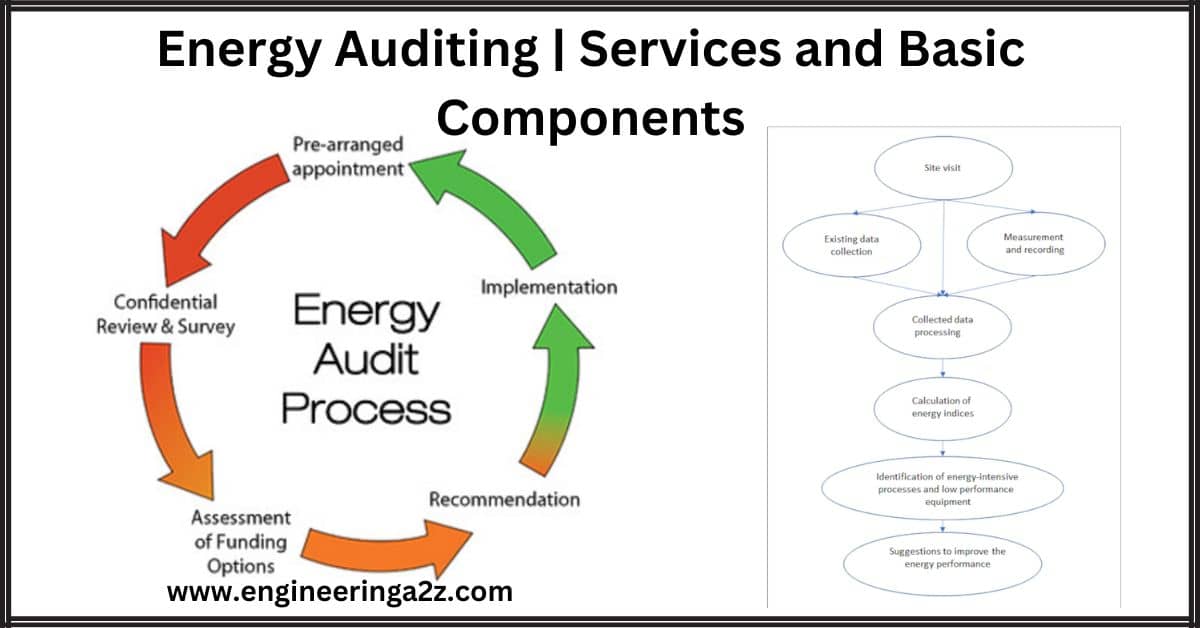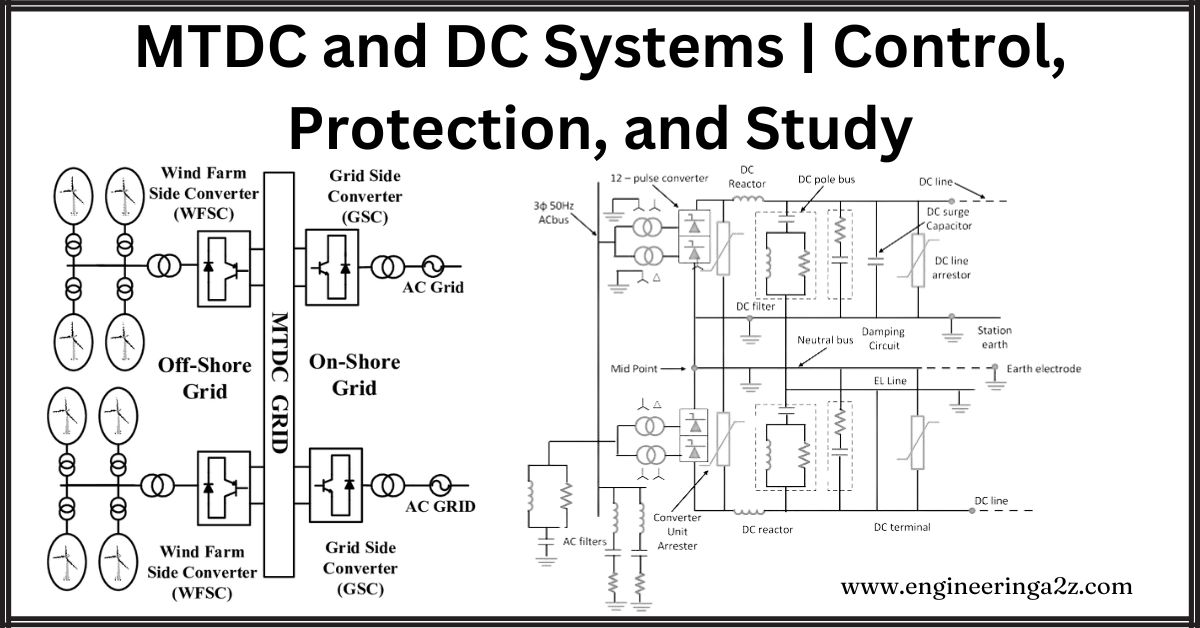
Table of Contents
Introduction
An energy audit is like a thorough check-up for a building to see how it uses energy. It’s done to find ways to save energy and reduce costs. This process examines how energy is used and suggests ways to use less energy without causing problems. In commercial and industrial buildings, an energy audit is the first step to finding ways to save energy and reduce their impact on the environment.
Energy Auditing Services
Energy auditing services are like a check-up for buildings. A qualified energy auditor examines the facility to find energy-related problems. They look for ways to save energy and money. If your energy bills are high, people are complaining, or your heating and cooling systems have issues, an energy audit could help.
The goal of an energy audit is to discover areas where things can be improved. This means finding ways to use less energy without sacrificing comfort or productivity. The solutions usually involve upgrading equipment, changing how things are done, or making small adjustments.
In the end, energy audits help you save money and be kinder to the environment by using energy wisely.
Basic Components Of Energy Audit
The basic components of an energy audit can be explained as follows:
- Walk-through Inspection: An expert will visit your building and walk around, looking for areas where energy might be wasted or used inefficiently.
- Checking Appliances and Equipment: They will inspect your appliances, heating, cooling, and lighting systems to see if they are working efficiently or if they need any improvements.
- Assessing Insulation and Windows: The inspector will check if your insulation and windows are doing a good job of keeping heat or cool air inside, which can impact your energy usage.
- Analyzing Energy Bills: They will review your past energy bills to understand your energy consumption patterns and identify any unusual trends.
- Interview and Goal Discussion: The expert will talk with you about your energy-saving goals and understand your needs and priorities.
- Recommendations: Based on the findings, they will provide you with a list of practical suggestions to save energy, reduce waste, and lower your energy costs.
- Cost-Benefit Analysis: They may also give you an idea of the potential cost savings and benefits of implementing their recommendations.
- Prioritizing Upgrades: If there are multiple improvements suggested, they might help you prioritize them based on their impact and cost-effectiveness.
Overall, an energy audit helps you identify ways to become more energy-efficient and make smarter energy choices to save money and reduce environmental impact.
Advantages Of Energy Audit
- Cost Savings: Energy audits help identify inefficiencies in energy usage, leading to potential cost savings on utility bills. By implementing the recommended improvements, individuals and businesses can reduce their energy consumption and lower their energy expenses over time.
- Environmental Impact: An energy audit helps in identifying ways to reduce energy consumption and carbon footprint. By using energy more efficiently, individuals and businesses can contribute to environmental sustainability and reduce their impact on the planet.
- Improved Comfort and Safety: Energy audits often identify areas where insulation, windows, or heating and cooling systems need improvement. Addressing these issues can lead to better indoor comfort and safety, ensuring that spaces are properly insulated and adequately ventilated.
Disadvantages Of Energy Audit
- Initial Cost: Conducting a comprehensive energy audit can involve some upfront expenses, especially if the audit is performed by specialized professionals. For smaller businesses or homeowners, this cost may be a deterrent to conducting an energy audit, despite the potential long-term benefits.
- Complexity and Implementation Challenges: Implementing the recommended energy-saving measures from an energy audit may require significant changes or upgrades to existing systems, appliances, or infrastructure. This can be challenging and costly, especially for older buildings that may need extensive modifications to achieve significant energy savings.
Frequently Asked Questions (FAQs)
What is the importance of Energy Audit?
Energy audit finds energy-saving ideas, improves energy use, identifies safety issues in electrical systems, and makes homes/businesses safer.
What is the scope of Energy Audit?
The Energy Audit is crucial for an energy conservation program, as it analyzes energy use and evaluates conservation measures. Its goals include identifying the cost and quality of different energy sources.
What are the types of Energy Audit?
There are three types of energy audits: walk-through, target, and detailed.
Read Also:
- Modern Grid | Characteristics and Functions
- Function Generator – Engineeringa2z
- Tidal Energy | Working, Parts, and Applications
- MHD | Magneto Hydro Dynamic Generation
- Globalisation | Impacts of Globalisation
- Stand Alone PV System | Schematics and its Components





Leave a Reply